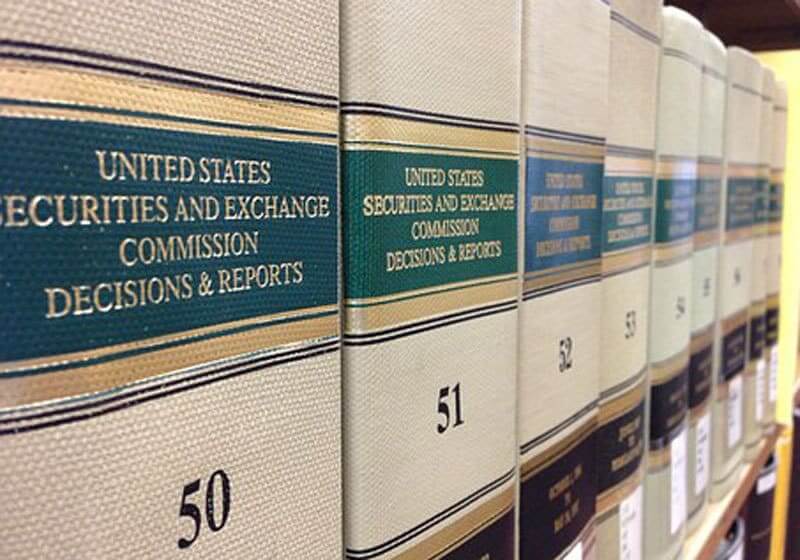The privatization of governmental functions has increasingly led to contractors performing duties traditionally handled by government employees. This shift brings complex legal challenges, particularly when lawsuits involve the federal government as the primary defendant. The key issue often hinges on whether the act in question was performed by a government employee or a contractor, a distinction critical to the outcome of such litigation.
Federal Tort Claims Act (FTCA)
The Federal Tort Claims Act (FTCA) represents a limited waiver of the federal government’s sovereign immunity, allowing it to be sued under certain circumstances for torts committed by its employees. However, this waiver does not extend to independent contractors. If a contractor, rather than a government employee, performed the offending act, the responsibility for the tort claim may rest with the contractor and not the government.
Historical Context and Legal Framework
The FTCA was enacted in 1946, enabling private parties to sue the United States in federal court for most torts committed by persons acting on behalf of the government. Before the FTCA, the doctrine of sovereign immunity protected the federal government from being sued without its consent. The Act was intended to provide a legal remedy for individuals who suffered harm due to the negligent or wrongful acts of federal employees.
Distinguishing Between Employees and Contractors
Determining whether an individual is a government employee or a contractor is critical under the FTCA. The Act defines a federal employee as officers or employees of any federal agency, members of the military or naval forces, and employees of any federal public defender organization. However, it explicitly excludes contractors. The Supreme Court has established a test to distinguish between employees and contractors, focusing on the degree of control the government has over the detailed physical performance of the contractor’s work.
Implications of the Distinction
The distinction between employees and contractors under the FTCA has significant implications for liability and legal outcomes. If a tortious act is committed by a federal employee, the government can be held liable under the FTCA. Conversely, if a contractor commits the act, the injured party must pursue legal action against the contractor, not the government. This can lead to complexities in litigation, particularly in cases where the lines between government control and contractor autonomy are blurred.
Case Examples and Judicial Interpretations
Several court cases illustrate the challenges and nuances of applying the FTCA in the context of privatization. For example, in **Logue v. United States**, the Supreme Court held that the government was not liable under the FTCA for the negligent acts of county jail employees because the jail was an independent contractor. In contrast, in **United States v. Orleans**, the Court ruled that a community action agency was not a federal agency under the FTCA, despite significant federal funding and oversight, because the government did not control the detailed physical performance of the agency’s work.
Policy Considerations and Future Directions
The increasing reliance on contractors to perform governmental functions raises important policy considerations. Critics argue that privatization can lead to a lack of accountability and transparency, particularly when it comes to legal liability. There is also concern about the adequacy of remedies available to individuals harmed by the actions of contractors. As privatization continues to expand, there may be calls for legislative or judicial clarification of the FTCA’s application to ensure that victims of tortious acts have access to appropriate legal remedies.
Conclusion
The privatization of government functions and the use of contractors have significant implications for the application of the Federal Tort Claims Act. Determining whether a tortious act was committed by a government employee or a contractor is crucial for establishing liability. As privatization trends continue, it is essential to closely examine and address the legal and policy challenges that arise to ensure justice and accountability in the performance of government functions.




